“We're healthiest when we're in nature” – we ask a doctor why spending time outdoors is so great for mental health
We speak to Integrative Medicine Physician Dr Suzanne Bartlett Hackenmiller on why spending time in nature is so beneficial for mental health, and get her tips for squeezing it in
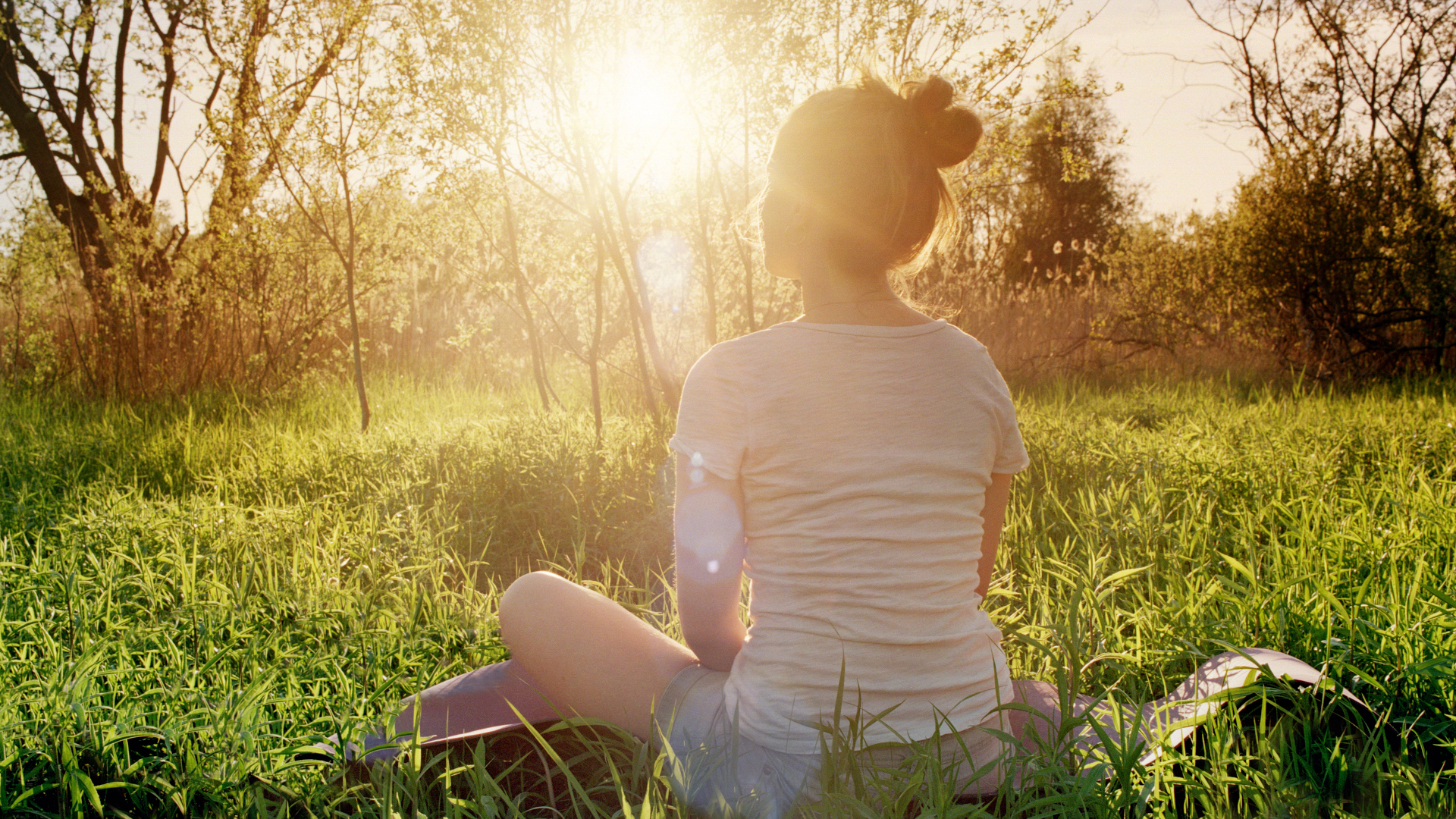
Nature journaling, forest bathing, ecotherapy, tree climbing, hiking – we’ve all heard that time spent in nature is good for our mental health. Scientists have even examined saliva samples and found a 20 percent reduction in stress hormones after spending just 20 minutes in nature. But why exactly is spending time outdoors so good for relieving anxiety and depression? And are some outdoor activities better than others for stress relief?
I recently got to pose these questions to Dr Suzanne Bartlett Hackenmiller, an Integrative Medicine Physician who, among other things, is also a forest therapy guide, the Chief Medical Advisor for AllTrails and the author of several books, including The Outdoor Adventurer’s Guide to Forest Bathing. Hackenmiller became convinced of the benefits of nature therapy after losing her husband to cancer and raising a child on the autism spectrum, experiences that left her disillusioned with the conventional approach to medicine.
“We have evolved in nature for thousands of years, and so it's just intuitive that we are healthiest and the most balanced when we are in nature,” says the Arizona-based doctor, who seems to spend as much time poring over new studies on the topic as she does in her hiking boots guiding nature retreats.
In the short half-hour that we talk, she references a 2019 study where nursing home residents demonstrated fewer symptoms of depression when their facility had more tree coverage, another on college students which revealed that just ten minutes outdoors produced improvements in all aspects of mental well-being, and yet another showing office workers exhibited the least amount of anxiety when they had a view of nature out their window.
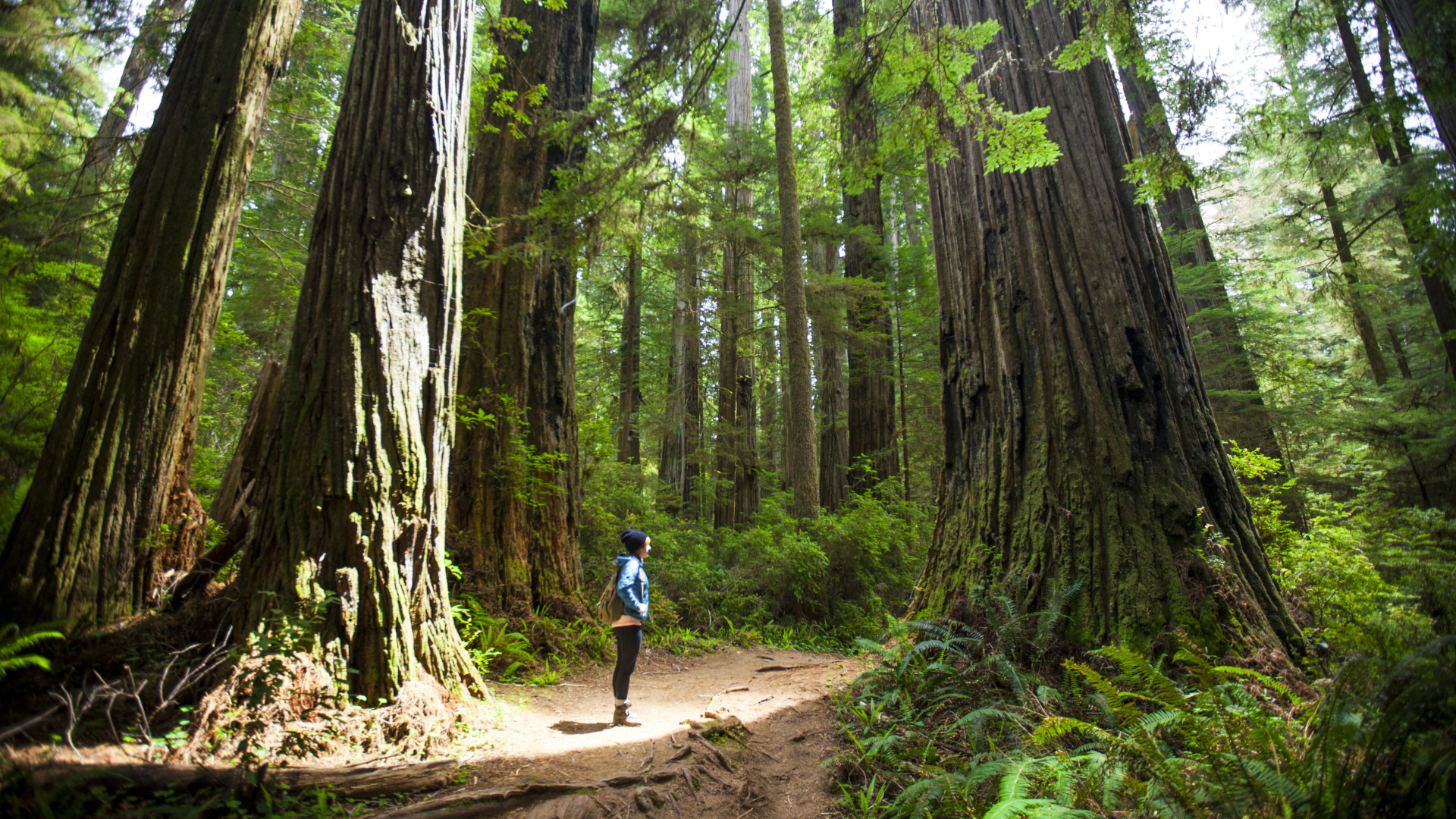
“We're still a ways from figuring out the exact mechanism of what pieces in nature are contributing to those changes in the body that lead to greater mental health, but we're getting there,” says Hackemiller, who has a few ideas based on the research for why nature is medicine for mental health. One theory is that it might be down to the amount of space available when you step outside.
“When we get outdoors, we're exposed to a greater expanse than when we're closed up in our offices or our bedrooms with a device,” says Hackenmiller, likening the experience to the so-called Cathedral Effect.
Proponents of the Cathedral Effect champion the idea that simply being in a room with higher ceilings helps to induce mental coherence and improve creative thought. If you remove the roof altogether – and step outside – you might experience even greater benefit.
All the latest inspiration, tips and guides to help you plan your next Advnture!

“When our serotonin is high, we have better mental health"
Whether the lack of a ceiling is real or placebo, it certainly gives us access to natural light, and when sunlight hits the back of your eyes, it increases serotonin, a neurotransmitter that, like norepinephrine and dopamine, contributes to feeling good.
“When our serotonin is high, we have better mental health. When our serotonin is low we suffer from depression and anxiety.”
Though some 13 percent of American adults respond to low serotonin with reuptake inhibitors like Prozac, according to the CDC, Hackenmiller says there’s also value to building more serotonin in the first place, by getting outdoors in nature.
Sunlight, of course, is also crucial to helping your body generate vitamins B and D and zinc, substances associated with mood that most people are lacking.
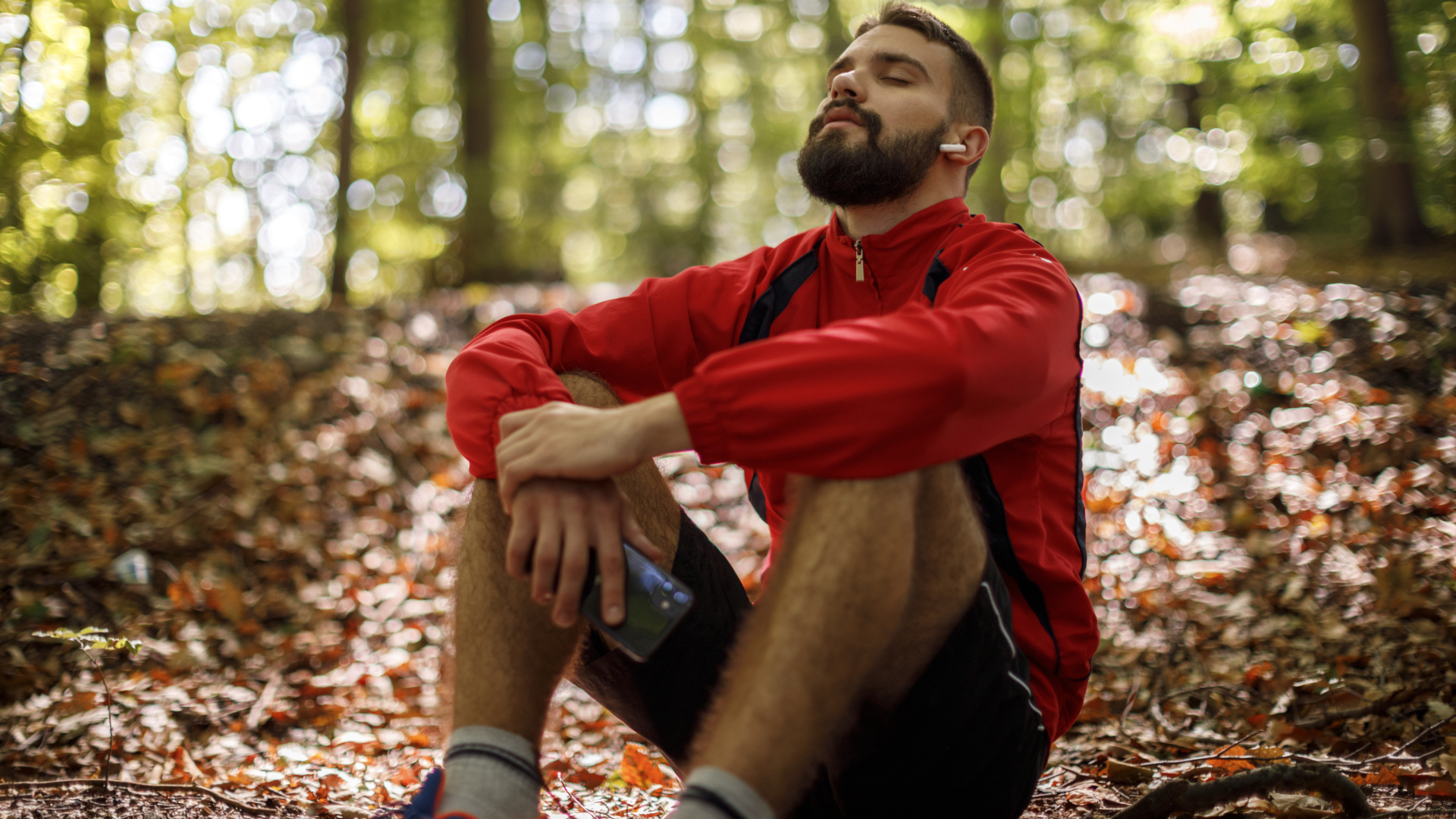
Finally, there’s the air that you breathe when you’re outdoors. Yes, it’s fresh, but it’s also thought to be filled with phytoncides, volatile organic compounds derived from plants that have antibacterial and antifungal qualities. Phytoncides principally help plants fight disease, but some believe they might help humans do the same.
“It's been found that when we inhale the essential oils from plants that contain these phytoncides, it helps our immune system, and also there seems to be a link with mental health from breathing that in.”
“Researchers keep coming down to the conclusion that it's not probably just one thing. It’s probably a combination of the fresh air, the expansiveness, the awe and wonder that we often get from seeing things out in nature, the vitamin D.”
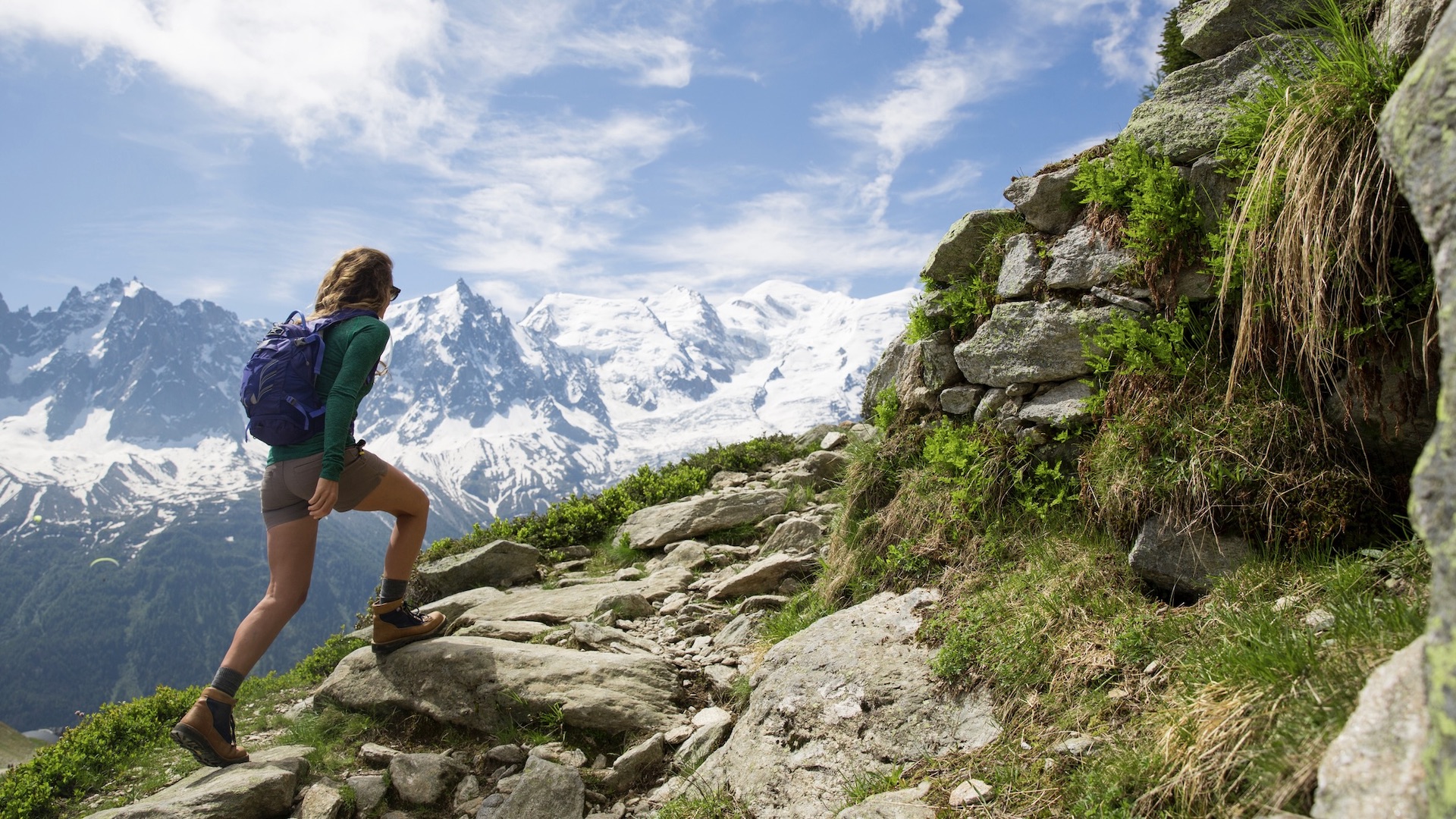
All of this has me wondering if some outdoor activities are better than others. After all, I felt pretty virtuous after a recent forest bathing session, but was I actually getting more benefit than those folk who take their HIIT workouts to the local park?
“I exercise in nature every day, and I also spend quiet time in nature, and I think they both have benefits. The million dollar answer to that question is people should do what they find benefits them,” muses Hackenmiller, who likes to get outside in her trail running shoes, but says she also sometimes takes her meditation practice outdoors.
“There's been such a push towards the importance of exercise that I think we've forgotten that the mind-body practices are so important and very much overlooked in terms of the whole concept of wellness.”
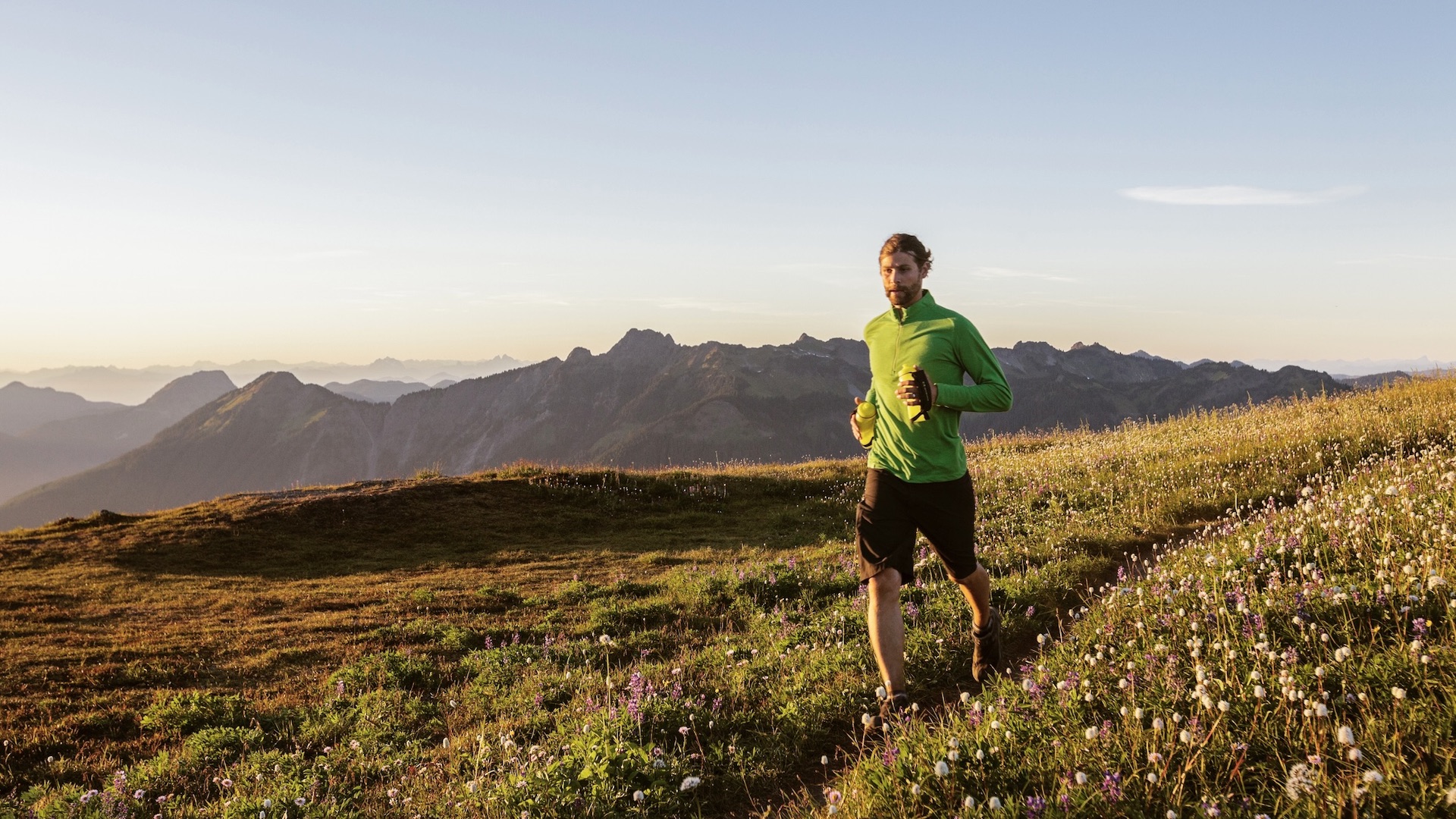
5 tips for getting more time in nature
Whether you want to take your workout or a more contemplative activity outdoors, there’s no doubt that you’re going to get a lot of benefit. The only question that remains is how do you do it, when you already have a job, kids and other obligations to juggle? Hackemiller has the following tips for incorporating more green space into your life.
1. Micro dose on nature
Hackenmiller says she thinks the “sweet spot” of a nature prescription is 120 to 150 minutes per week, and if you’re already busy, the thought of trying to find an extra two hours might simply add more stress. But remember the college students who observed a difference with just a few minutes a day on a park bench? Take a leaf out of their book and do it in bite-sized pieces.
“Often times people find that they're spending all kinds of little minutes between other things gazing at their phone. So why not take those minutes spent gazing at your phone and scrolling through social media and instead go outside?”

2. Unplug once in a while
Though Hackenmiller freely admits she likes to listen to a good podcast on her trail runs as much as the next person, she says doing so every time means you’re not as aware of your surroundings, and there may be an advantage to taking your headphones out from time to time and tuning in to nature instead.
“I try to focus on my senses and I do feel that after a run or a walk of that nature I'm more rejuvenated than when I just plug in.”
3. Cultivate a morning routine
There’s a lot to be said for starting the day as you mean to continue, and for Hackenmiller that means fitting in some time in nature as well as meditation and strength training.
“When you start to create a routine, you start to fit things in where otherwise you think you don't have the time to do.”
Spending time outdoors is good for you at any time of day, but morning sunlight has been shown to be the most beneficial that’s why Hackenmillar says she and her husband have developed a routine that involves outdoor time each morning, even if it’s just for a few minutes.
Consider pouring your morning coffee into a camping mug and taking it on a short walk instead of drinking it at the kitchen table while doom scrolling.
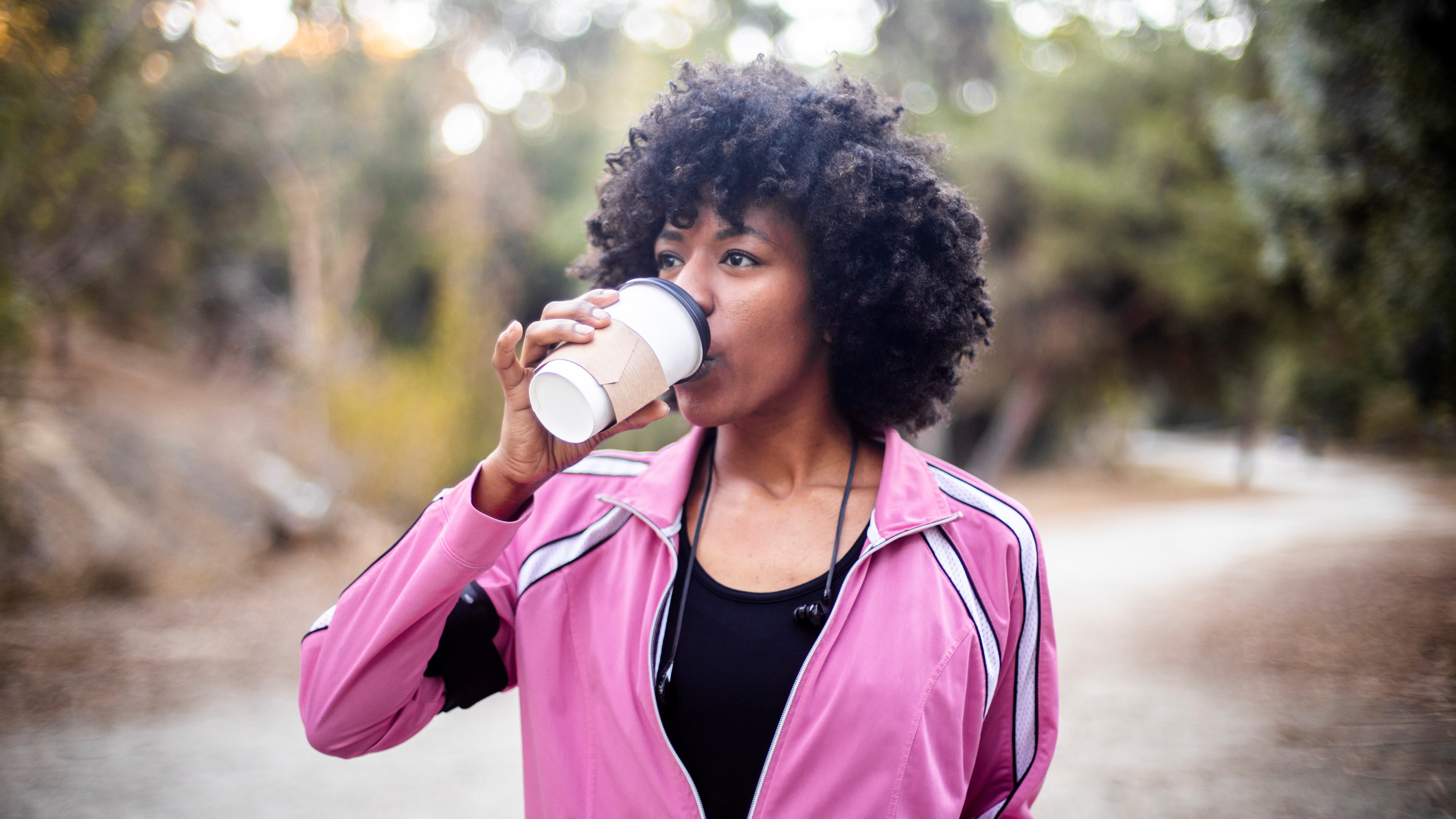
4. Take the long way
A handy hack for those of you who spend long days in large buildings like office blocks, universities and hospitals, is that when you need to get from one side of the building to the other, try walking outside – rather than through – the building. This might add an extra minute or two to your journey, but give you several minutes outdoors in the sunlight and fresh air that you wouldn’t otherwise get.
5. Bring the outdoors in
Finally, for anyone working at a desk or indoor space, bringing the outside in has been shown to improve anxiety among office workers. That might mean a screensaver or painting of nature, which can have a little benefit, while a 2005 study found that a window view of nature is best. If you can't persuade your boss to give you a new office, you may be able to green up your space with an Aerogarden, which lets you grow plants in a windowless room.
Julia Clarke is a staff writer for Advnture.com and the author of the book Restorative Yoga for Beginners. She loves to explore mountains on foot, bike, skis and belay and then recover on the the yoga mat. Julia graduated with a degree in journalism in 2004 and spent eight years working as a radio presenter in Kansas City, Vermont, Boston and New York City before discovering the joys of the Rocky Mountains. She then detoured west to Colorado and enjoyed 11 years teaching yoga in Vail before returning to her hometown of Glasgow, Scotland in 2020 to focus on family and writing.

